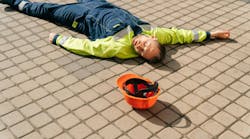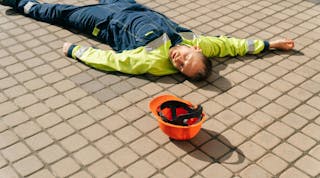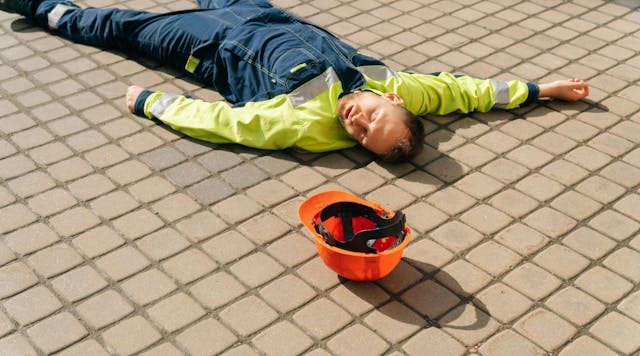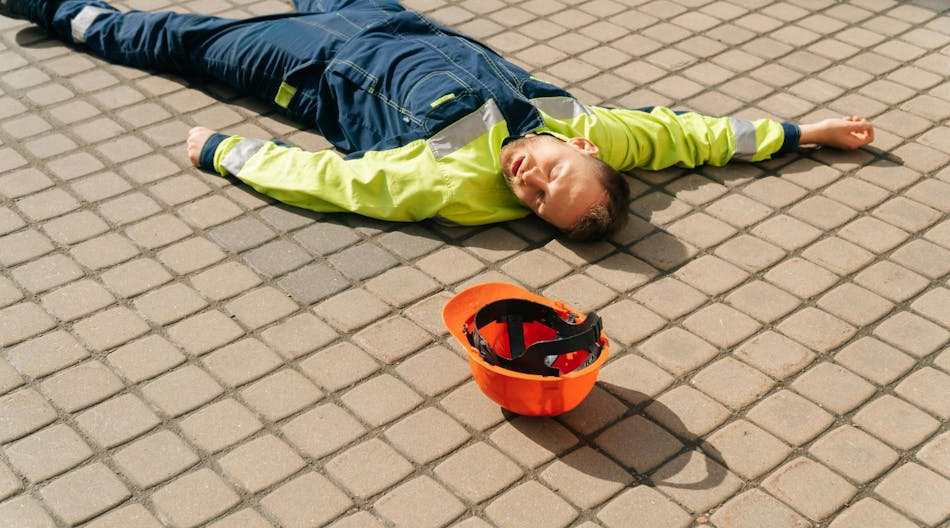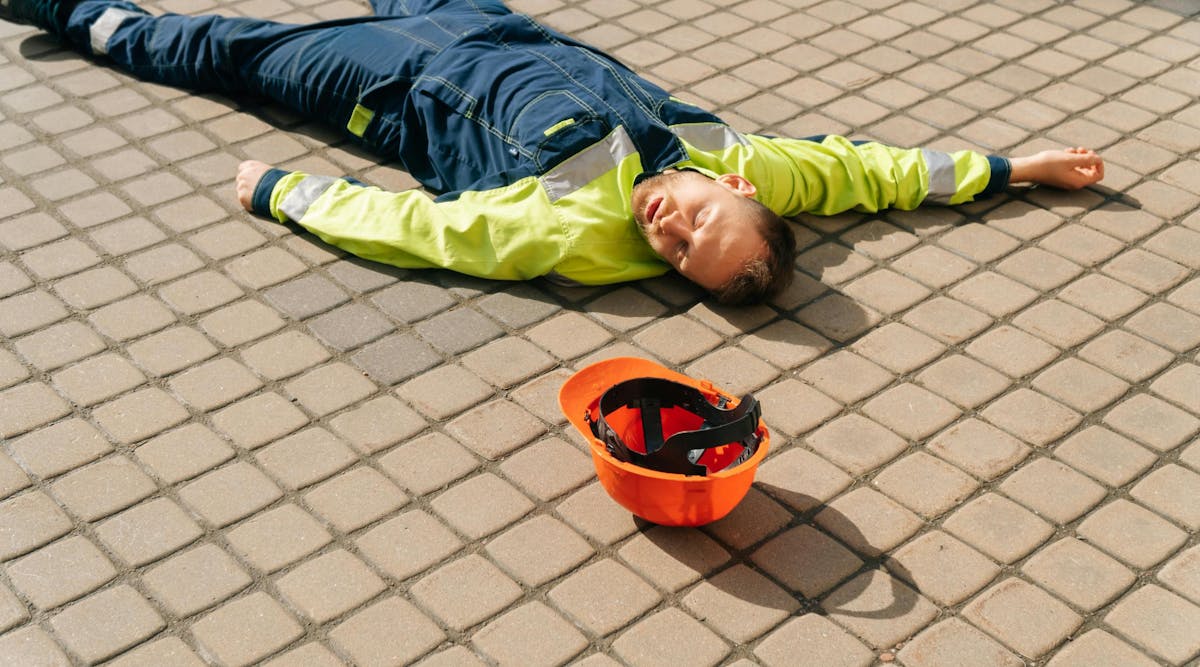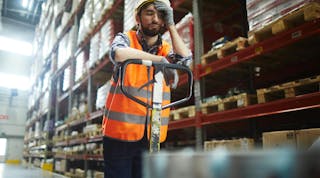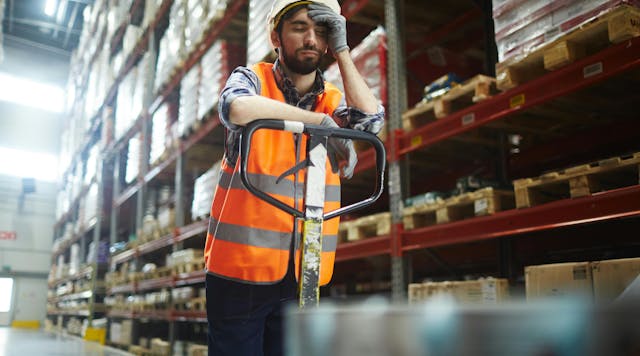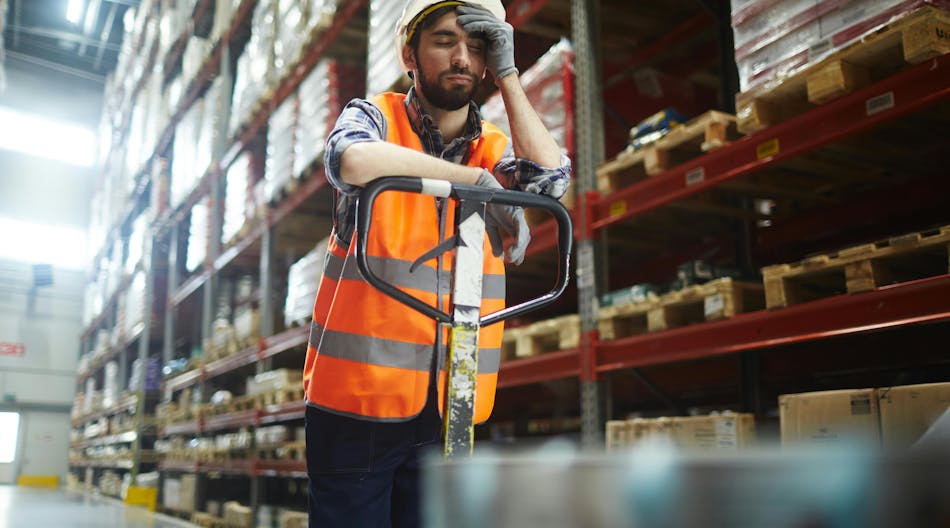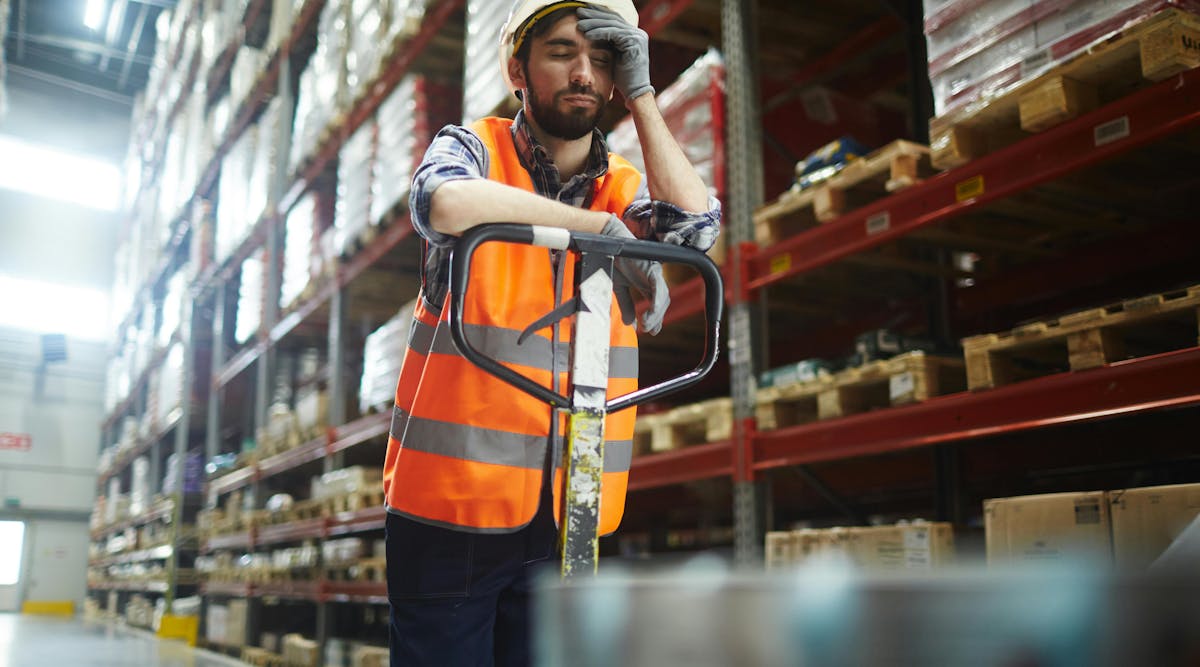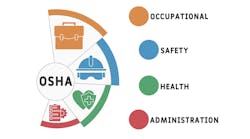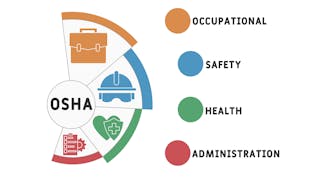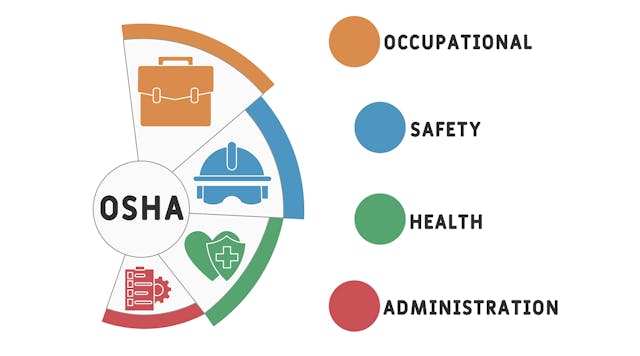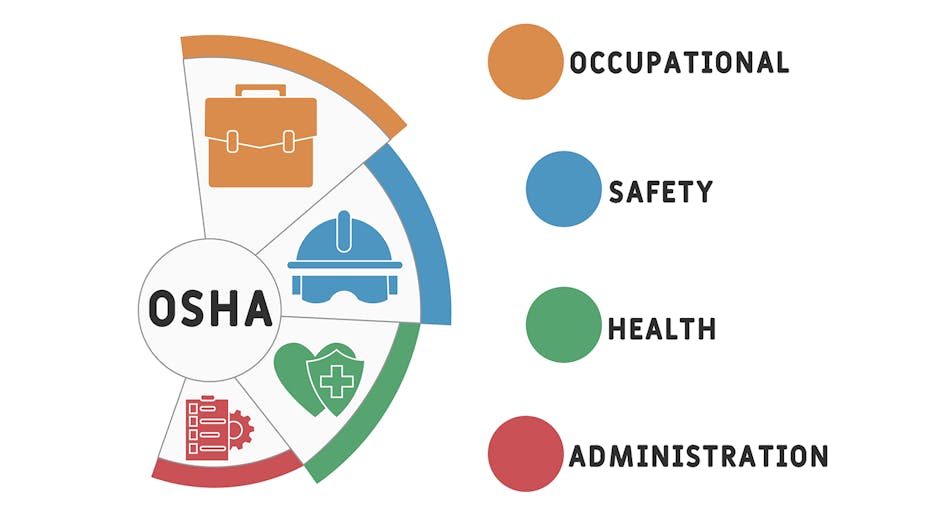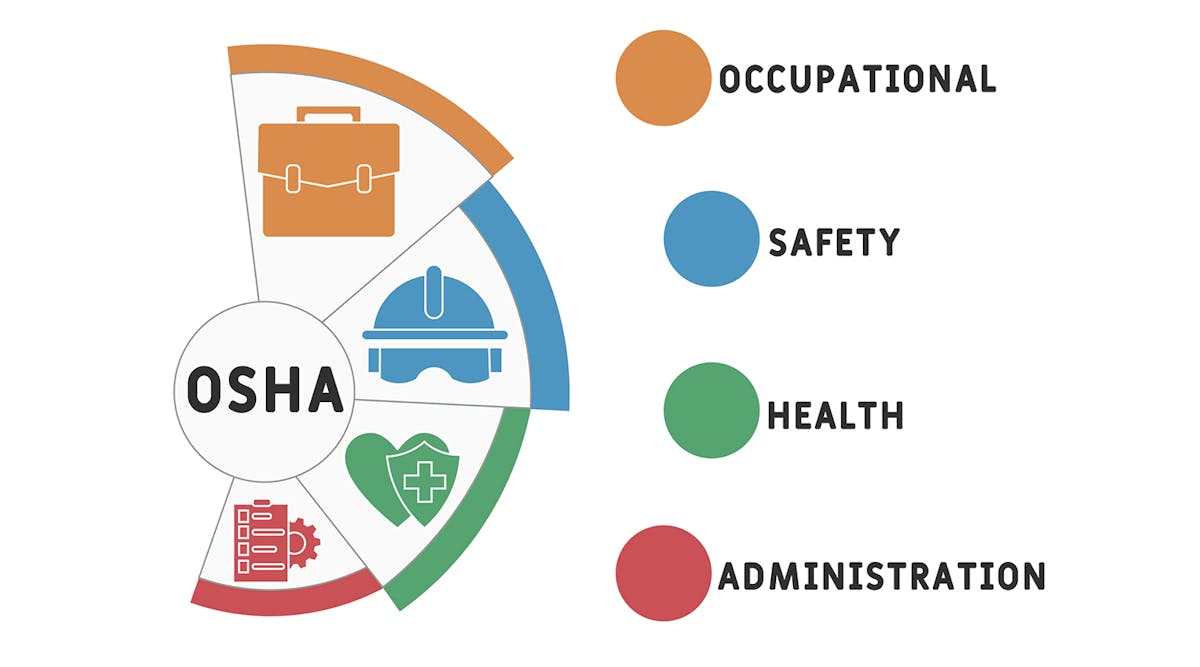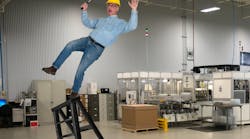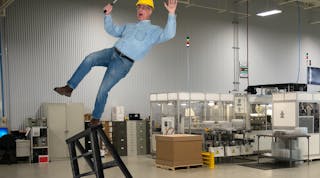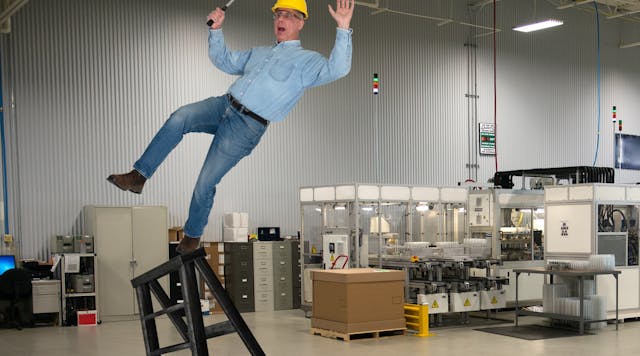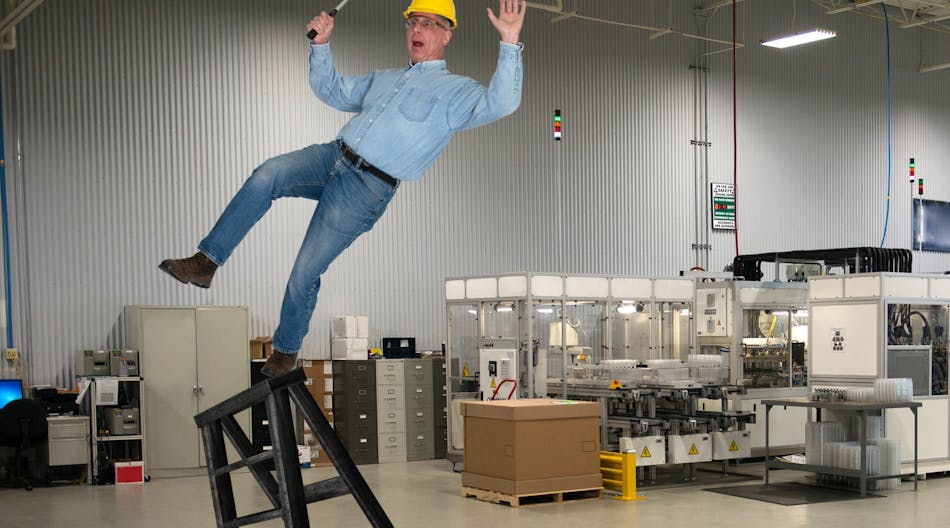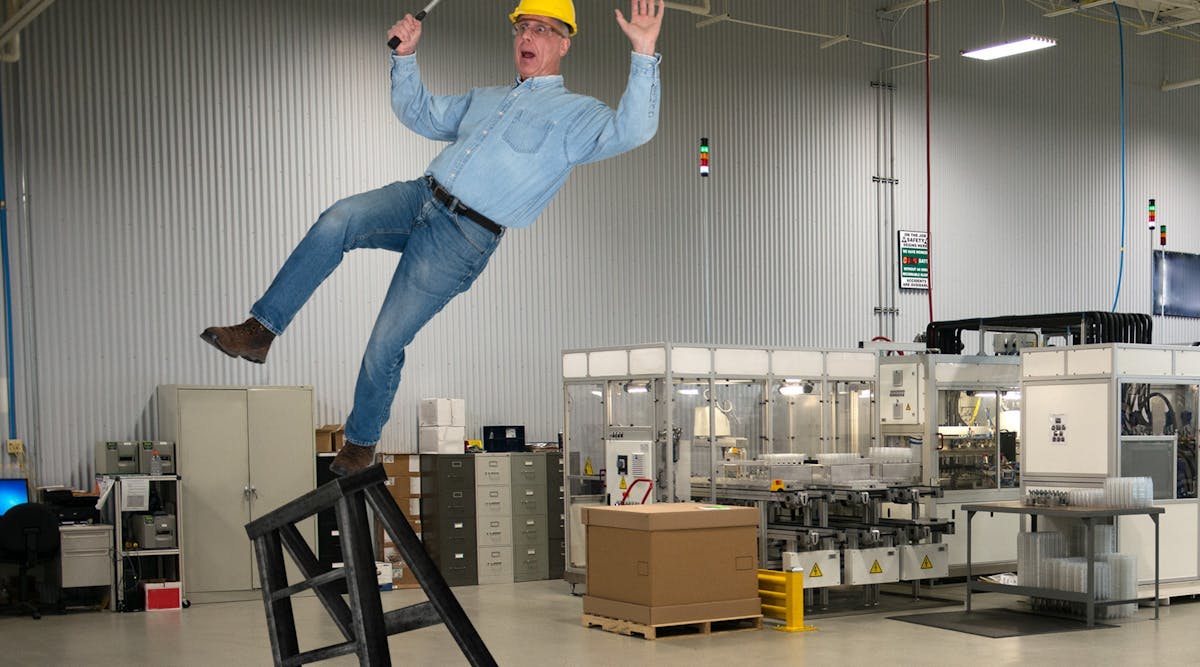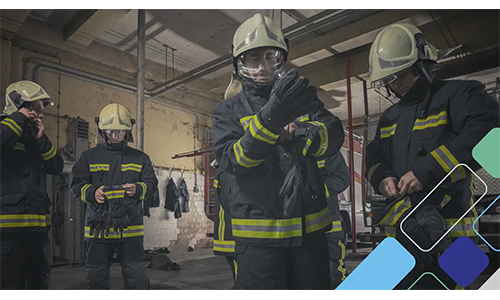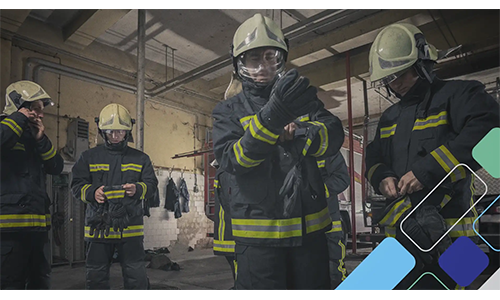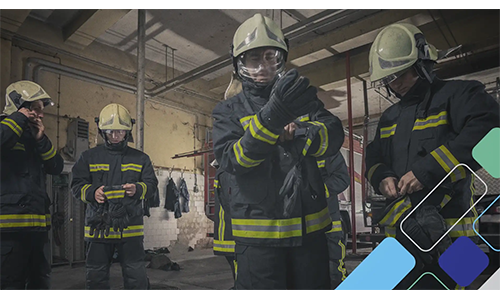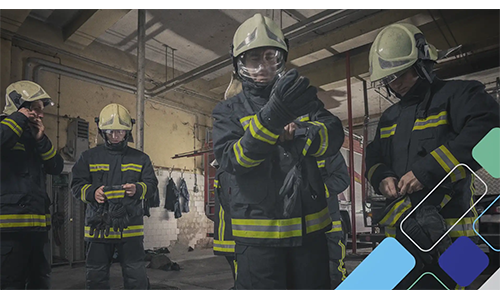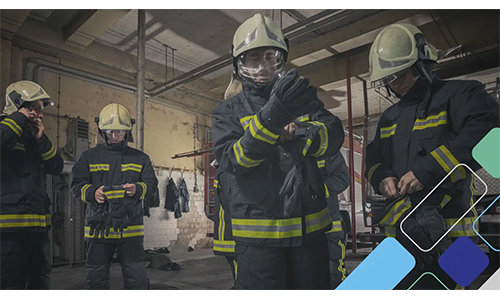Happy Friday, all! I hope you’ve had another fantastic and safe week.
As I write this, the sun is shining and the temperature is in the 50s, far from what I’ve seen some years in February. I’m seeing a meme that we’re in the “false spring” season, and it made me think about our own seasons. Where are you in your journey? What are you striving toward? What are you looking forward to?
Maybe you’re excited for the Super Bowl. Maybe you’re excited for the Halftime Show. Maybe you’re excited for the snacks. Or maybe you’re excited about something else not related to the big game.
Sometimes, I have these aha moments where I feel like there’s no getting away from safety. In the previous example, I can think of a dozen safety concerns, including players’ health and well-being, stadium security, safe food handling. Safety is such a driving force—and a powerful tool to connect with others.
For example, if you lead a safety talk about wintry weather conditions, an employee might tell their family or neighbors about the early signs of hypothermia. In doing so, you’re potentially helping not just one person but several people. If you’re struggling with your safety program, or your numbers aren’t headed in the right direction, I hope you can pause and reflect on your ability to help people and impact lives, even if you can’t see the results you want in the moment.
In the meantime, please comment below if there’s something EHS Today can do to help you. Until next time, be safe and be well!
Boeing’s Turmoil on the Ground and in the Air
You’ve likely seen Boeing in the news lately. A panel blowing off mid-air is of a few problems the company has experienced in the past few years. And, for many consumers, it’s surprising given what we know about Boeing’s long-standing reputation.
That’s why I so enjoyed reading Chris Isidore’s analysis of what’s going on at the aerospace manufacturer.
We’ve seen when companies, indeed other airspace companies, put profit over people. It’s not acceptable in any industry but not tolerated for air travel, with its strict regulations and safety record. There has not been a fatal crash of a U.S. airliner since 2009, and flying remains safer than driving a car.
But a new poll from The Associated Press-NORC Center for Public Affairs Research suggests attitudes might be changing.
About 40% of U.S. adults have a great deal of confidence that both pilots and air traffic controllers can maintain the safety of air travel. Only about 20% are confident in the work federal agencies, commercial airlines, or airplane manufacturers do to uphold air safety.
Read an in-depth analysis on Boeing here.
Private Jet Use is Heating up—and That’s Bad for the Planet
In all the run up to the Super Bowl, I didn’t expect to read a story about private aircraft. An estimated 1,000 private planes are expected to touch down at Las Vegas area airports for the big game, which begs the question of their environmental impact.
A professor in public policy sustainability told The New York Times that local greenhouse gas emissions will at least double average energy usage because of all the air traffic surrounding the Super Bowl. The article notes that the Super Bowl is one of the U.S.’s largest annual attractions for private planes.
It can be difficult to quantify the exact carbon dioxide emissions from a cluster of private planes, in part because most municipal authorities don’t track emissions.
An estimated one in every six flights handled by the Federal Aviation Administration is a private jet. Globally, the number of private jets has more than doubled in the past two decades, and sales of private planes is expected to continue this upward trajectory. This means it will only get more challenging to quantify environmental impact at the exact moment when climate experts warn we must curtail global warming emissions to 1.5 degrees Celsius about preindustrial levels—or face catastrophic consequences.
Read more about the impact of private jets descending in Las Vegas here.
Weight-loss Drugs Frighten Executives
I saw this story trending yesterday, and all I can say is wow. I don’t want to give too much away because the Bloomberg story is definitely worth a read but let me give you some background.
The new class of powerfully effective weight-loss drugs, such as Ozempic and Wegovy, have are helping people achieve results that heretofore could only be seen medically with surgery. The ability to help people on their weight-loss journey and improve many aspects of their life, such as better diabetes management, seems like an all-around net positive.
I’ve read articles about the shortages and supply chain issues, how the new class of weight loss drugs are reshaping Denmark’s economy and debates about whether to cover these drugs under health insurance policies because of their high cost.
But I have not yet seen an article detailing concerns from other executives and companies in a wide range of industries that are grappling for “how a less hungry, potentially healthier customer will affect business.”
For example, authors Naomi Kresge and Madison Muller report that Conagra Brands’ CEO told analysts—perhaps as a way to reassure shareholders—in 2023 that the company employs a department of demand scientists to study changes in consumer behavior.
I encourage you to read the full article, which has one of the best headlines I’ve ever read, here.





